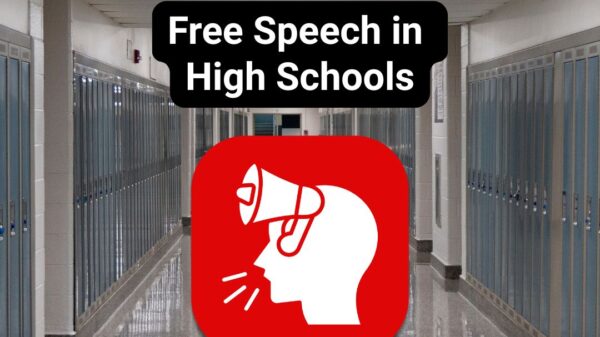In the grand tapestry of American education, teacher unions were once seen as noble defenders of the classroom—champions not only of teachers but of the children they instruct. Yet, in the last three decades, we have witnessed a troubling shift.
Teacher unions, particularly the American Federation of Teachers (AFT) and the National Education Association (NEA), seem to have lost their way, becoming embroiled in the murky waters of political activism and social agendas. Members be damned, follow the leaders.
This transformation is not merely a distraction; it poses a significant risk to their credibility and their original mission of championing educational excellence.
Consider the AFT, which has earmarked an eye-popping $16.5 million for political spending in the upcoming 2024 election cycle. The vast majority of this funding is directed toward liberal organizations, raising eyebrows and provoking critique.
The relationship between union leadership and Democratic interests is increasingly scrutinized, leading some critics to assert that Randi Weingarten, the AFT’s president, is wielding union dues as a political weapon. This raises serious ethical questions: how can a leader so deeply embedded in a political party remain a true advocate for all educators?
The specter of conflict of interest looms large over Weingarten’s affiliation with the Democratic National Committee (DNC). One must ask: how can she serve the interests of teachers while maintaining such a prominent role in a political machine? Critics have gone so far as to liken the union’s financial contributions to Democrats to “money laundering,” hinting at a troubling misuse of funds that should be dedicated to improving education, not fueling political ambitions.
Then there’s the NEA, the “largest labor union” in the United States, claiming 3.2 million members. Under the leadership of President Becky Pringle, the NEA has faced its own share of controversies. Pringle’s reported salary of $500,000 has caught the attention of many, illustrating a growing disconnect between the union’s leadership and the everyday realities faced by the teachers they represent. How can a union leader resonate with the struggles of educators when her compensation reflects a different world?
As we approach the 2026 election, the NEA’s political expenditures are raising alarm bells. With contributions in 2024 exceeding $22 million—$2.8 million earmarked for lobbying and over $1.2 million in outside spending—it becomes evident that the union’s priorities are increasingly at odds with its core mission of supporting educators.
The NEA Advocacy Fund, its super PAC, raised nearly $28 million, with a striking absence of contributions to Republican candidates. It suggests a one-sided commitment to a political narrative rather than a balanced advocacy for educators.
Pringle’s fervent political activism has, ironically, alienated many educators. These individuals yearn for a return to a focus on academic excellence, not political skirmishes.
Under Pringle’s direction, the NEA has increasingly aligned itself with progressive causes, leaving many educators feeling caught in the crossfire of a union more invested in political battles than in the essential work of teaching and learning.
Fortunately, there are alternatives for educators in Tennessee. The Professional Educators of Tennessee stands as a nonpartisan, nonunion association dedicated to advocating for the interests of educators in educational policy and working conditions.
PET focuses on the issues that matter—without endorsing or funding political candidates and avoiding unrelated social agendas. Members benefit from legal protections, professional development, and resources aimed at enhancing teaching and improving education across the state.
In a political climate that threatens to eclipse the essential mission of education, it is imperative for educators to seek out organizations that prioritize their professional interests and the quality of education over political agendas. The future of public education depends on it.
















